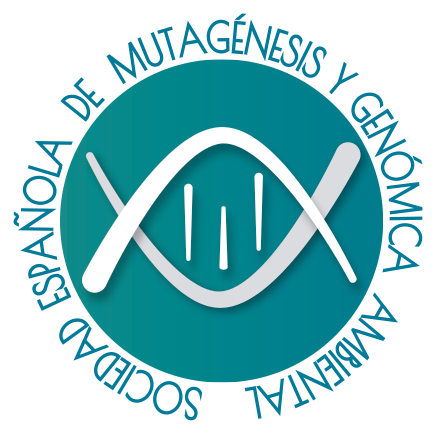
The current safety paradigm for assessing carcinogenic properties of drugs, cosmetics, industrial chemicals, and environmental exposures relies mainly on in vitro genotoxicity testing followed by 2-year rodent bioassays. Although this paradigm developed in 1960s has protected consumers from chemical carcinogens, the low specificity of in vitro assays and the reliance on expensive 2-year rodent bioassays with many rodent tumor findings that are of questionable human relevance provides a strong impetus for the development of novel testing methods that exploit 21st century science including “omics” technologies, systems toxicology and bioinformatics. At the preceding Workshop held in Venice in August 2009, a roadmap for the development and application of toxicogenomic methods has been proposed based on discussions among opinion leaders from academia, industry and regulatory agencies in the US and EU (Paules et al 2010, EHP 199(6): 739ff).
A follow-up workshop will be held May 16-17, 2013 at OECD congress center in Paris, France, with the goal to review progress in human carcinogenesis safety evaluation strategies and cancer risk assessment. Experts and opinion leaders from academia, industry and regulatory agencies in the US, EU and Asia, will convene to discuss the utility of exploiting genomics approaches in understanding genotoxicity findings and in chemical carcinogenicity risk assessment, as well as the informatics needs to support optimal access and use of these data. Novel assay development and promising emerging data mining and modeling approaches will be discussed with particular emphasis on identifying gaps and opportunities for their application in human cancer risk assessment.
Web: http://www.hesiglobal.org/i4a/pages/index.cfm?pageid=3607%5D

